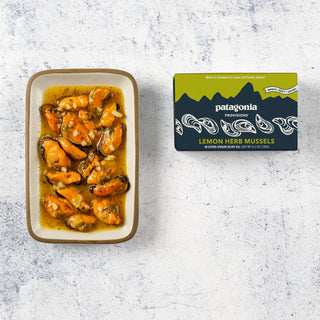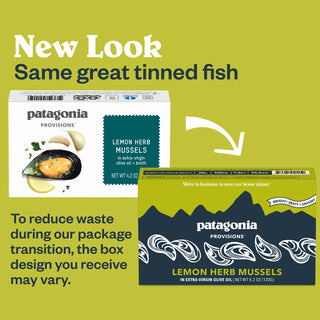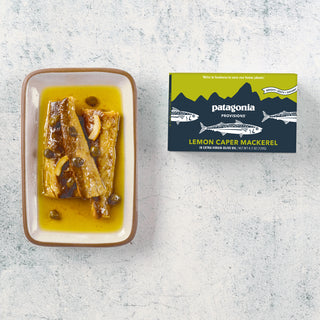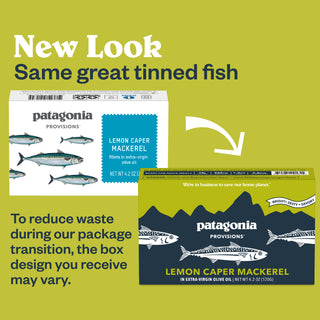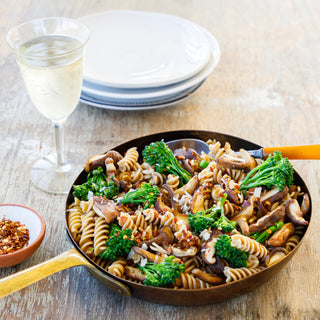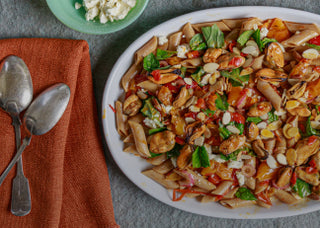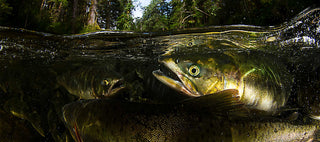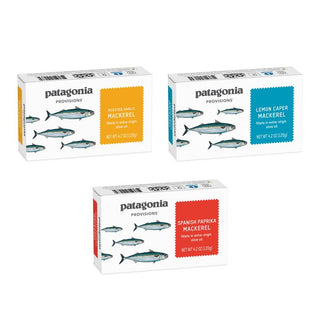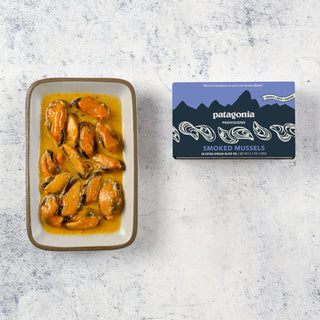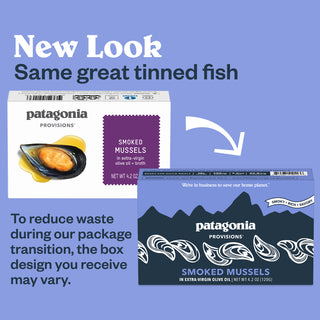Salmon were the first to teach us of wealth.
In the Longhouse the host family offers gifts in honor of loved ones in birth, naming, achievement and, finally, in death. It is called a Giveaway.
The salmon honor future generations by their last Giveaway at spawning. Their die-off generated the most biologically diverse forest on earth. For millions of years salmon came and left this way. For eons, this monumental Giveaway brought us health and renewal.
The system of giving, receiving and trading is not always in a tangible currency. It is a "ritual or performance that can strengthen the connection between communities and landscapes," as Daniel L. Bottom writes inHow Stories and Rituals Sustain Us. "In elaborate art, traditions, and ceremonies these people expressed reverence to salmon and set detailed ground rules to regulate their use....The stories and rituals somehow 'worked,' as Northwest cultures and salmon coexisted for thousands of years."
If you lived here during those great salmon runs the excitement prickled the skin. Micronutrients carried inland from the ocean in the fish brought life to the predators, soils, trees and plants. Bears, wolves, birds and people carried the minerals farther inland. Imagine walking from the Columbia River's edge to the mountaintops and you will pass by, see, smell, and step on our little relatives. The pine, fir, cedar, juniper potpourri cleanses our minds and bodies. The edible roots called piaxi, xaws, sowitk, waq' amu and luks are our little sisters. These are remnants of the former 60 edible roots of our tribal food system. The deer, elk fattened up each summer. Climb the hillsides of the mountain ranges past the huckleberries and chokecherries to the snowcap, the start of pure water. It doesn't matter if you think of yourself as native or nonnative. You live, breath, consume, and die like the rest of life here.
Returning salmon feed all. The hungry search the river and streamside. A fisher, still on a scaffold above rolling waters or misty falls, patiently grasps the dip net. The fish are caught, one after the other. Or the fisher checks a drift net out on the river, and in a circling manner pulls in the nets. No one leaves salmon out in the river for long.
Simplicity helps in a complex terrain. At the age of four I started to walk across the country on my own, so my grandfather told me, "If you are someplace, and feel lost, find water. Follow it downstream. All water goes to the rivers. Then, you are home." In a rhythmic language, the elegant utterances of water, we are welcomed in all places. Land is known through an oral map. Before the meal we gratefully sample a bit of the four sacred foods. We go from the river to the mountain, salmon, deer, roots and huckleberry. Finally, the bell ringer calls out "Chuus!" With the last words we reach for our water. We drink water and call out to the spirit of all life. This is how we thank our sustenance. Like the salmon, we need water. We are the salmon bodies of all time, and roe of the eternal spawn.
The language of spirit represents potential knowledge. We live in a spiritual manner to receive the bounty of knowing our place in the chain of events. From the child to the elder we accept our roles and endowments the best we can. Everyone lives in this manner on some level and chooses how deeply they give. Truly, this land is "vast and intricately connected patterns operating in perfect unison," as Okanogan educator Jeannette Armstrong describes inEcoliteracy: Mapping the Terrain. This is the legacy of the earth's abundance, and our inheritance. We have everything we need.
But people can disobey the basic instructions of "Do not take more than you need." One time the swallow sisters hoarded the salmon by obstructing the river with a land dam between Wishram, Washington and Celilo Falls in Oregon, where I live. In these stories of starvation the children cried and the elders begged. The poverty was miserable. Coyote found a way to trick the sisters and released the fish for all the others to follow. He promised the salmon's return to everyone for eternity.
It is only humankind that breaks the Creator's natural laws. Animals cannot choose. Our human ability to discern right from wrong gives us the possibility of doing ourselves in. The best way is to ask ourselves, "What is the most efficient and effective way to do this?" That's traditional and radical. In the salmon economy, giving through exchanges spreads rather than hoards wealth and does not deprive others of simple necessities. This is the way of the salmon people. For this reason we must abide the law of taking only what we need to let the rest grow.


